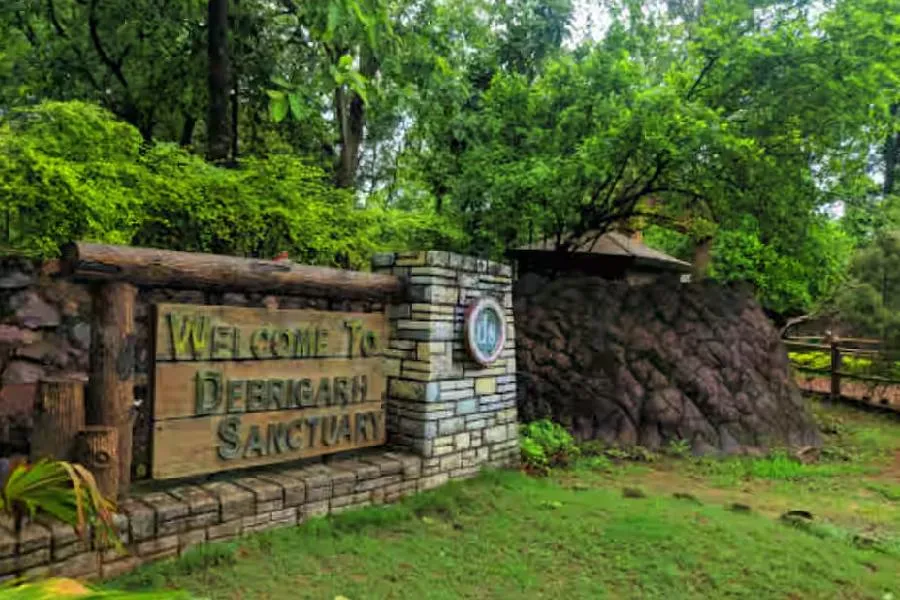

Sambalpur, Sept 4: Odisha is on the verge of gaining its third national park, with the state wildlife wing proposing Debrigarh Wildlife Sanctuary in Bargarh district for national park status. If approved, Debrigarh will become the second-largest national park in the state, surpassing Bhitarkanika, and will only be smaller than Similipal National Park. The proposal was submitted to the state government in March this year.
Chief Wildlife Warden Prem Kumar Jha confirmed that the proposal is under consideration, but certain technical requirements still need to be addressed before the national park status can be granted.
The proposed national park will span 290.65 sq km of inviolate forest area, free from human habitation. Authorities have already relocated 445 families from the core area, completing the resettlement process in 2022 after conducting gram sabhas to address rights and claims. The tourism zone, covering 54.95 sq km, along with the Khola revenue village, will be kept outside the park’s boundaries to minimise conflicts.
Wildlife officials have stressed the importance of the move to preserve the ecological integrity of Debrigarh, which is home to a rich variety of flora and fauna. The sanctuary shelters Schedule-I species like the Indian bison (gaur), leopards, and over 300 bird species. It also boasts unique geological features, including limestone caves, waterfalls, and diverse fern populations. A senior officer noted that preserving this area as a national park is crucial to strengthening the ecological, faunal, floral, and geomorphological aspects of the region.
Debrigarh’s strategic location at the junction of central and eastern Indian forests enhances its importance, offering ecological connectivity with several protected areas. It shares boundaries with Achanakmar and Udanti sanctuaries in Chhattisgarh, Kanha National Park in Madhya Pradesh, and Kawal Tiger Reserve in Telangana. Within Odisha, it connects with Satkosia Tiger Reserve and Sunabeda Wildlife Sanctuary, reinforcing its role as a vital wildlife corridor.
While eco-tourism activities will continue in the designated tourism zone, officials emphasized that granting Debrigarh national park status will provide stronger protection for wildlife habitats, stricter conservation measures, and increased global recognition of the sanctuary’s exceptional biodiversity.